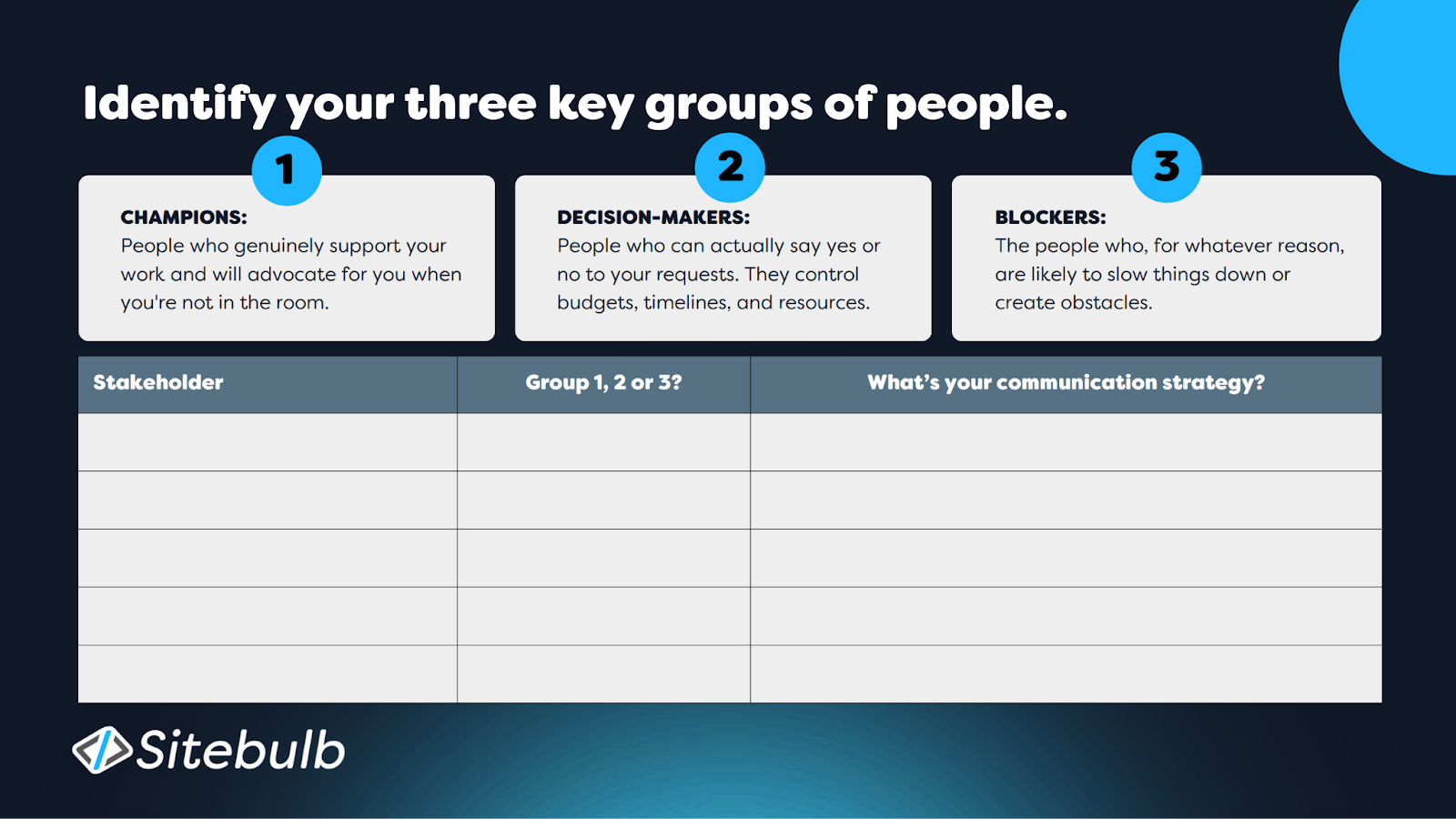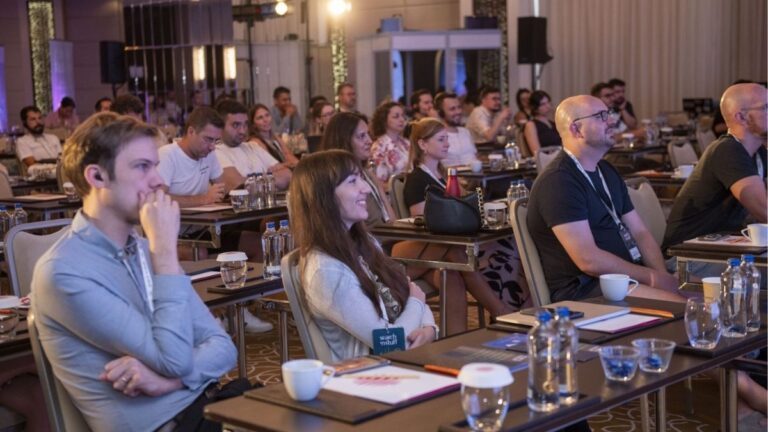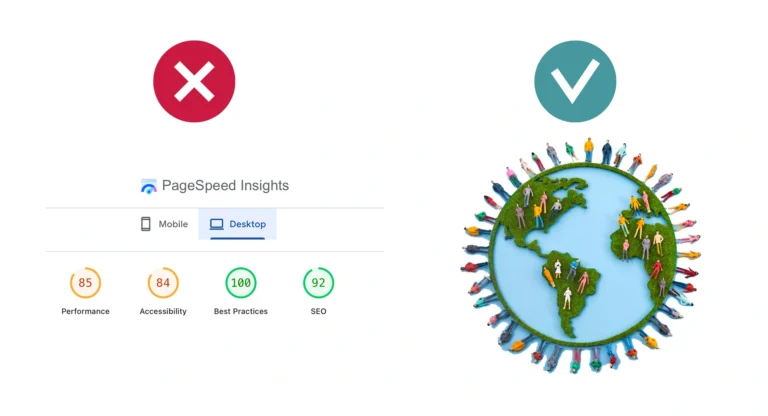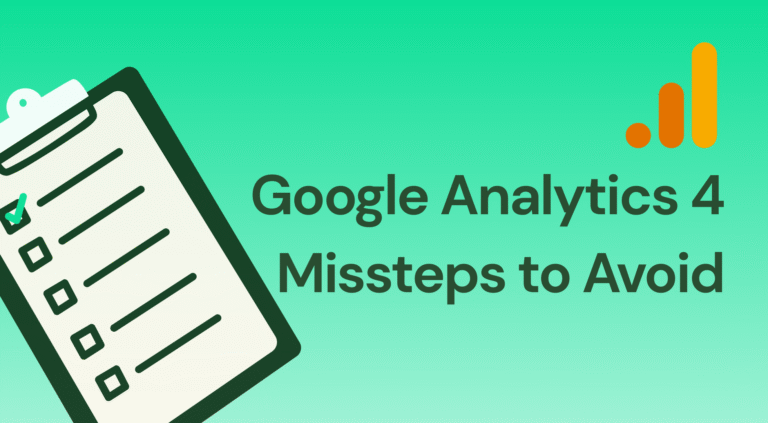
When people think of enterprise SEO, they usually picture giant websites, millions of URLs, and endless technical audits. And they wouldn’t be wrong; scale certainly does bring technical complexity. But the truth is: the real SEO roadblocks at enterprise level aren’t technical.
They’re human.
You can be the sharpest SEO in the room, but if you can’t navigate people, politics, and processes, your technical skills won’t get you far.
I found this out through speaking to Sitebulb’s enterprise customers. The majority of their problems relate to:
- Workflow and governance management
- Cross-department collaboration
- Fighting for engineering resource
That’s when I realised: there’s a soft skills training gap in enterprise SEO. And so I got Enterprise Solutions Consultant, Petra Kis‑Herczegh, to help me fix it.
As she says in our free Enterprise SEO Training Course, which we’ve now launched:
“SEO expertise alone won’t cut it at enterprise level. You need to understand people, politics, and processes in order to be able to coordinate, scale and strategise.”
If that quote alone doesn’t convince you, the rest of this article will.
It’s not the tech that holds you back; it’s the silos
The often-quoted McKinsey study into digital transformation shows how pervasive people-problems are, even in a tech context: up to 70% of digital transformation initiatives fail, and the biggest reason? It’s not technology, it’s human behaviour.
Or as HR Transformation & Technology Advisor at Mercer Jess Von Bank says in this article:
“It’s human behavior, human behavior, human behavior.”
Yes, of course, having the right toolstack is essential. I mean, you’re not going to get very far crawling a multi-million page website using desktop software installed on an old machine. No, to crawl enterprise-scale websites, you need an enterprise-scale cloud crawler.
But if somebody’s ignoring your technical SEO recommendation, that’s not a tool problem. That’s a sign you might not be speaking their language, meeting their needs, or addressing their concerns.
Storytelling is your secret weapon
I’m going to tell you something most SEOs don’t want to hear: your spreadsheets don’t inspire action. Sorry, I know that was harsh. But for most stakeholders, spreadsheets are confusing, overwhelming, or simply just get filed under “later” (a.k.a. never).
That’s where storytelling comes in.
Petra explains this really well in our training:
“Storytelling is your tool for turning data into something meaningful. It’s how you connect what you’re doing in SEO to real business value that people can understand and get behind.”
And the wider world agrees: every digital change requires change from people. This Forbes Council article warns that, “To be successful, transformation projects must have a clear “why”…that has buy-in at all levels”.
So ask yourself what’s the “why” behind your SEO fix? “Because rankings/indexability/Google says so” isn’t a good enough response. You need commitment from decision-makers and devs, and the only way you’re going to get that is to answer their question, “why should I do this?”
What’s in it for them, their team and/or the business? Your objective should be telling that story: not just reporting “what is,” but translating it into “why it matters.”
Trust is the currency of enterprise SEO
Every big company has its champions, blockers, and decision-makers. Knowing who’s who is half the battle.
Petra reminds us in the training that, “Real success comes from truly understanding what stakeholders care about… learning to work effectively with your champions, blockers, and decision makers.”
If you can map your stakeholders, understanding which category they fall into, you can tailor your communication approach to them accordingly.
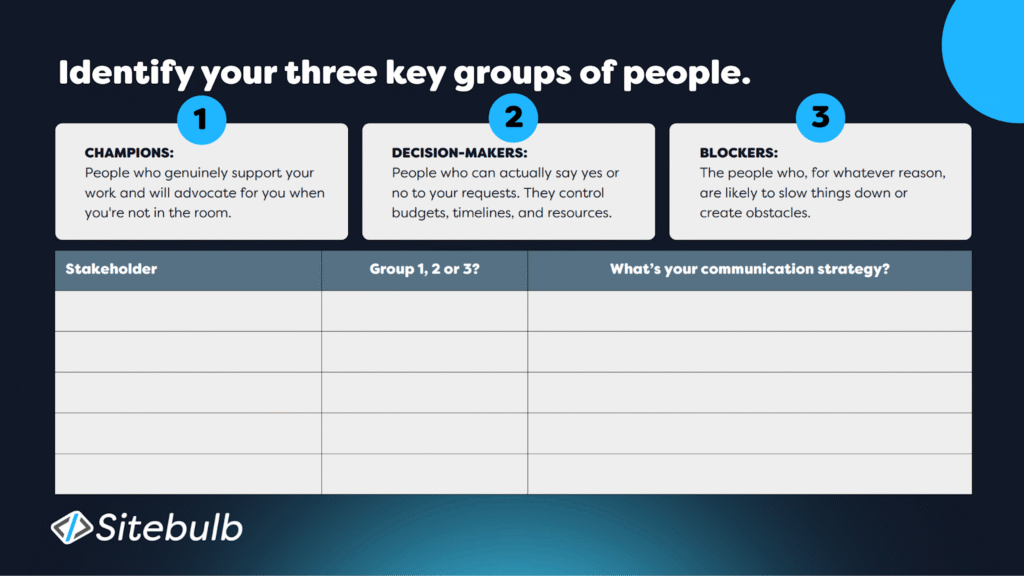
Your champions don’t need the technical explanations that your devs do. And your C-suite won’t be happy with SEO jargon. You’ve got to learn to speak their language.
At enterprise level, these soft skills aren’t “nice-to-have”, they’re essential. Successful AI adoption research underscores this too: it might surprise you to know that companies that prioritise soft skills (like communication, creativity, analytical reasoning) are nearly twice as likely to succeed than those who focus just on technical talent.
Turning soft skills into workflows
You might think this all sounds a bit “fluffy.” But soft skills aren’t just about being nice in meetings. They need to show up in your workflows.
Here are a few examples of what I mean:
- Build dashboards for different audiences: Execs don’t need crawl graphs, they need ROI stories.
- Use audit outputs that non-SEOs can actually read: Tools like Sitebulb help translate technical jargon into clear, accessible visuals. SEO Consultant, Arnout Hellemans once told me, “a graph showing lots of red on it is more persuasive at getting buy-in than a list of issues to fix!”
- Create feedback loops with devs and content: collaborative sessions where SEO becomes an integrated layer, not an afterthought.
Your technical fixes only gain traction when workflow design reflects effective human communication.
Final thoughts
So, in enterprise SEO, the “soft” stuff is actually the hardest part.
Tech and audits? Doable. You just need the right tools. But breaking down silos, winning trust, and getting commitment, that’s where you win or stall.
Petra is right: the technical only pays off when you navigate the people and the politics. So if you’re stepping into enterprise SEO, don’t just sharpen your technical edge—sharpen your empathy, your storytelling, and your ability to build relationships.
Because in the end, those soft skills are what turn SEO from theory into real impact.
Lucky for you, I know exactly where to start: The Sitebulb Enterprise SEO Training Course delivered by Petra Kis‑Herczegh


